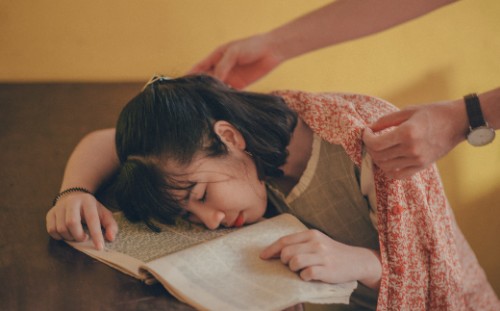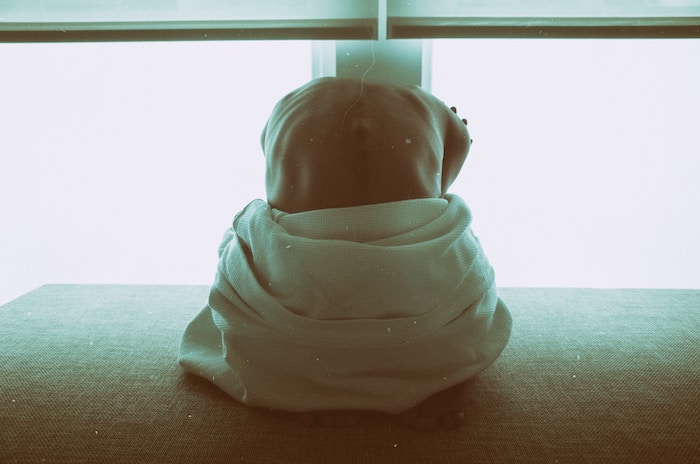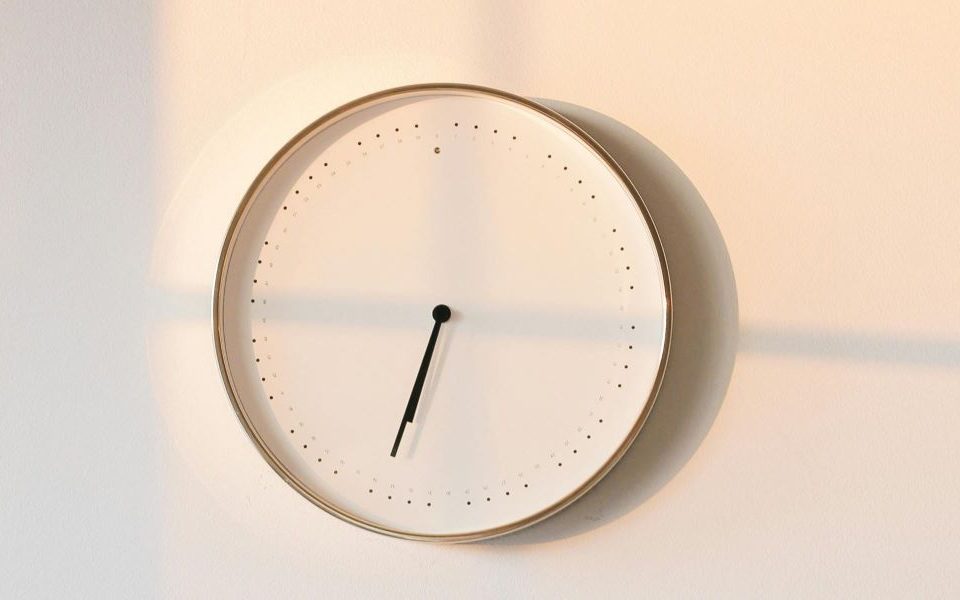
Meal Timing and Sleep
July 2, 2021
Sneaky Sleep Deprivation
July 30, 2021The majority of us have probably heard of circadian rhythm, the 24-hour natural, internal “clock” that regulates the sleep-wake cycles, but most people have never heard of chronotypes. Chronotypes are when your body feels most inclined to fall asleep, most commonly referred to as being an early bird or a night owl. It is important to not only understand your circadian rhythm but also your chronotype in order to know when is the optimal time in the day for you to sleep or be productive.
The terms early bird or night owl are used in everyday conversation but many people fall in between those two extremes. Early birds are people who tend to have no issues waking up early in the morning and being productive as soon as they wake but will start to feel tired in the afternoon. Night owls will have difficulty waking up early and will not be alert until later in the day but can be productive late into the night. Though there are plenty of people who do not fit into these two categories, they can be productive and alert throughout the majority of the day. Chronotypes not only affect your productivity and how tired you are but how you generally behave. Studies show a correlation between chronotypes and personality, with specific personality traits being common among groups of people who have similar sleep-wake cycles. For example, people who are “early birds” tend to be more agreeable, conscientious, and do well in school whereas “night owls” tend to be more impulsive, anxious, and excel in creative thinking. Though traits such as those mentioned above are affected by many factors outside of sleep-wake cycles.
A recent study suggests that there are six different chronotypes:
•Morning Types: people who are most alert early in the morning as soon as they wake up and decrease in alertness and energy throughout the day.
•Evening Types: people who are not alert early in the morning and will increase in alertness and energy as the day goes on, with peak alertness at night.
•Daytime Sleepy Types: people who are alert and energetic at the beginning and end of the day but experience low energy and alertness in the middle of the day.
•Daytime Active Types: people who experience low energy alertness at the beginning and end of the day but are alert and energetic in the middle of the day.
•Moderately Active Types: people who are low energy and alertness throughout the entire day.
•Highly Active Types: people who are energetic and alert from morning to night.
Though many studies are being conducted about chronotypes, there is still a lot to learn about their effects on your personality and quality of life. Learning more about your chronotype can help you improve your day-to-day life and if you would like to know where you are on the scale you can click here to find out. If you would like to learn more about chronotypes or have any issues with your current sleep cycle feel free to reach out.




